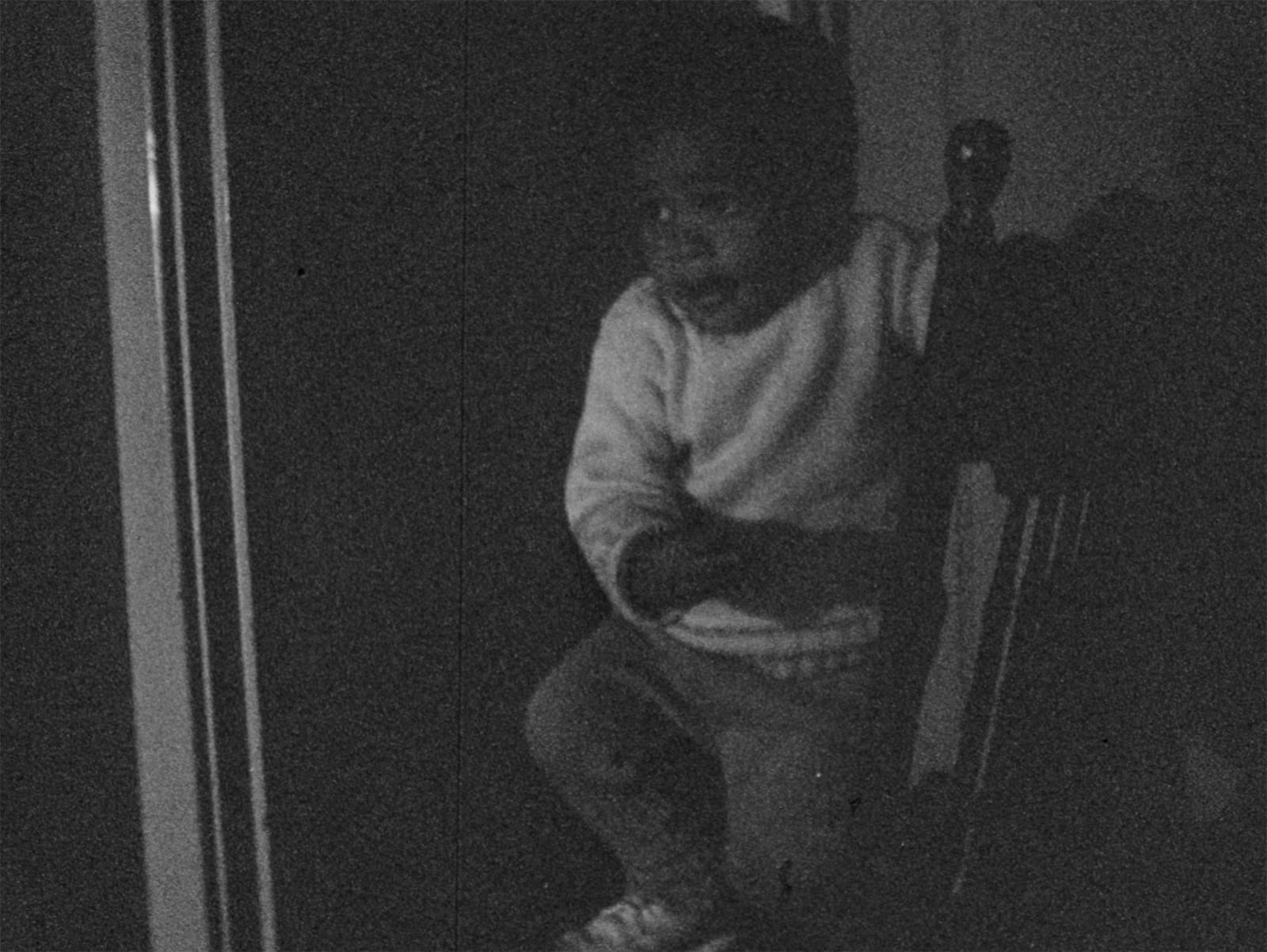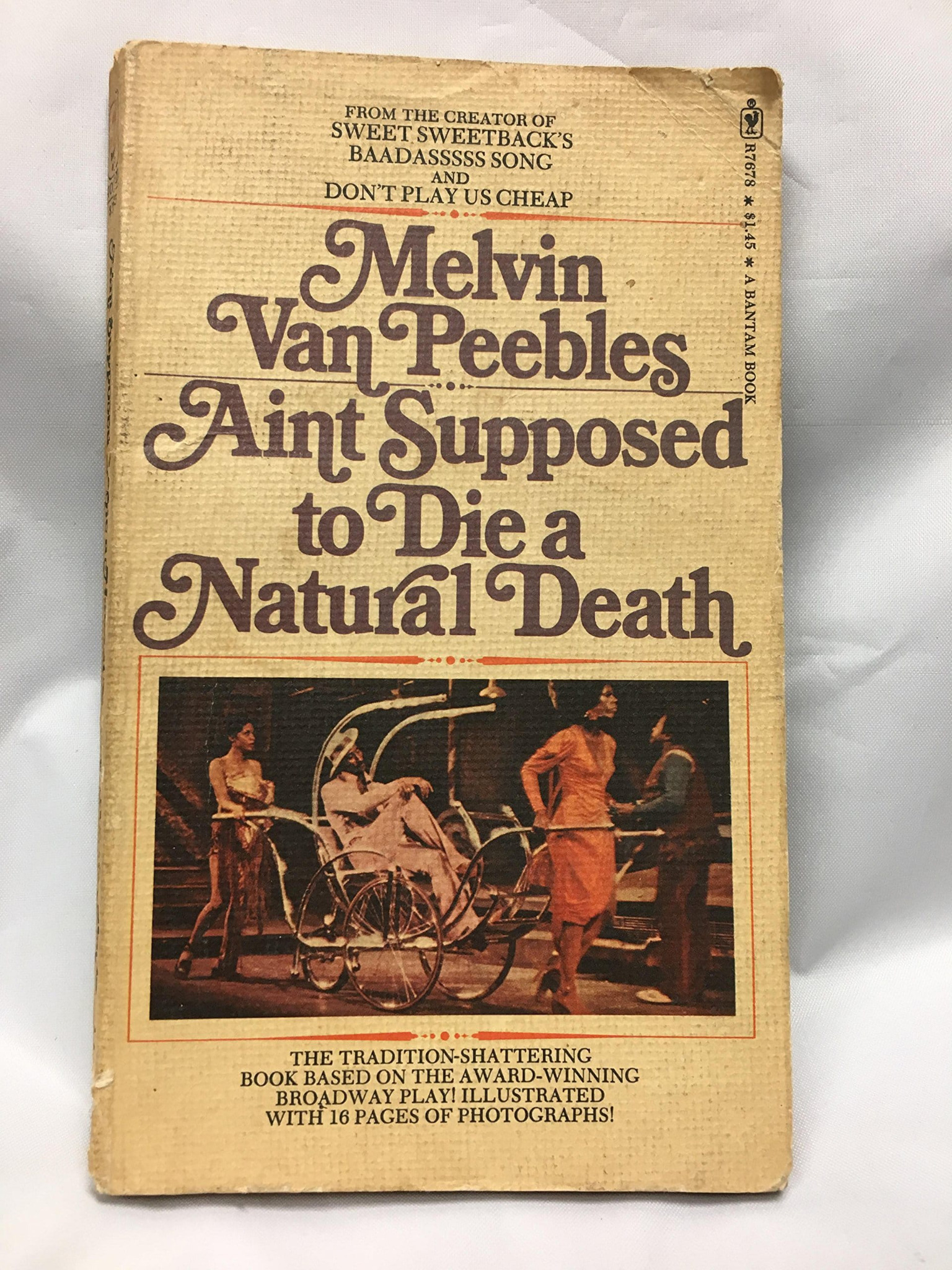10 Things I Learned: Melvin Van Peebles: Essential Films

1.
In spite of Melvin Van Peebles’s well-earned reputation for being a provocateur and a disrupter, he was also known for his kindness and generosity toward others. Over the course of working on the Essential Films box set, I observed two recurring themes when people talked about Van Peebles: (1) his accessibility (his number was listed in the White Pages), and (2) his willingness to offer guidance and support to those who needed it.

2.
Though he is best known as a filmmaker, Melvin Van Peebles worked across a variety of art forms. He was a novelist, a composer, and a playwright. He performed regularly with his live band, the provocatively named Laxative, and even produced a graphic novel.

3.
Many cite The Story of a Three Day Pass (1967) as Van Peebles’s first film, but it is actually his first feature-length film. He shot the short films Sunlight and Three Pickup Men for Herrick (both 1957) in San Francisco before leaving the United States. In France, where Van Peebles lived for several years with his family and eventually made The Story of a Three Day Pass, he directed another short, Les cinq cent balles (1961).

4.
The Story of a Three Day Pass (also known as La permission) was released the same year as Stanley Kramer’s Guess Who’s Coming to Dinner. Though both films share the topic of interracial romance, they radically diverge in their visual styles and approaches to storytelling, demonstrating the crucial distinction between a white-oriented Hollywood perspective and the Black lens through which Van Peebles crafted his stories.

5.
Watermelon Man (1970) remains the only film that Van Peebles directed for a Hollywood studio. Columbia Pictures initially wanted to cast a white actor in the lead role, meaning that the character would have spent the majority of the film in blackface. Van Peebles pushed instead to cast Black comedian Godfrey Cambridge, using whiteface makeup on him for the first ten minutes of the film before letting him play the role in his own skin for the rest of the movie. Two decades later, Van Peebles would make a quick cameo in the film True Identity (Charles Lane, 1991), a film about a Black actor who disguises himself in whiteface to evade the Mafia.

6.
Van Peebles cast veteran actor Mantan Moreland in Watermelon Man precisely because of Moreland’s reputation for portraying stereotypical roles, brilliantly using the actor’s recognizable on-screen persona to criticize Hollywood’s racism and its impact on Black performers and representations of Blackness on-screen. Interestingly, one of Cambridge’s comedy routines involves a bit about a “Mantan Moreland,” “Uncle Tom” type of character.

7.
Though many people situate it in the context of Black film of the 1970s (including blaxploitation), Sweet Sweetback’s Baadasssss Song also demonstrates that Van Peebles was conversant with many global film movements and trends, including the traditions of European art-house cinema (e.g., the French New Wave) and the increasing popularity of pornographic films (Deep Throat would be released the following year, in 1972), as well as the consciousness-raising of the Black Arts Movement.

8.
The use of nonunion labor was one of the ways that Van Peebles was able to assemble a racially diverse crew to work on Sweetback, providing many people of color with their first jobs in the film industry.

9.
Van Peebles’s son Mario Van Peebles (an actor and director in his own right) plays the younger version of the main character in Sweetback. It is actually his second appearance in a film by his father: a toddler-aged Mario makes his debut in the short film Sunlight. Melvin and Mario Van Peebles appeared together and collaborated on a number of projects over the next few decades. Mario would play his father in Baadasssss!, the 2003 film that he directed about the making of Sweetback.

10.
Don’t Play Us Cheap (1972) began as a 1967 novel that Melvin Van Peebles wrote in French, titled La fête à Harlem. He then adapted the book into a filmed stage play. Van Peebles’s first Broadway musical, Ain’t Supposed to Die a Natural Death, was staged in 1971, the same year that Sweetback premiered in theaters. The musical will be revived in 2022 by director Kenny Leon and creative producer Mario Van Peebles.

More: Production Notes

10 Things I Learned: Raging Bull
While working on our edition of Martin Scorsese’s 1980 masterpiece, producer Abbey Lustgarten found out how the director achieved some of the movie’s most evocative visual and sonic effects.

The Evolution of a “Superpig”: Designing Okja, from Start to Finish
Both intimidatingly massive and deeply sympathetic, the creature at the heart of Bong Joon Ho’s meat-industry fable is the product of a close collaboration between the director and artist Jang Hee Chul.

10 Things I Learned: Rouge
The producer of our edition of the masterful 1987 melodrama tells the stories of some of director Stanley Kwan’s legendary collaborators, including superstars Anita Mui and Leslie Cheung.

A Movie About Leaving Earth
On Earth Day, we celebrate Al Reinert’s For All Mankind, a groundbreaking documentary that is as much a reflection on our planet as it is a chronicle of space travel.




